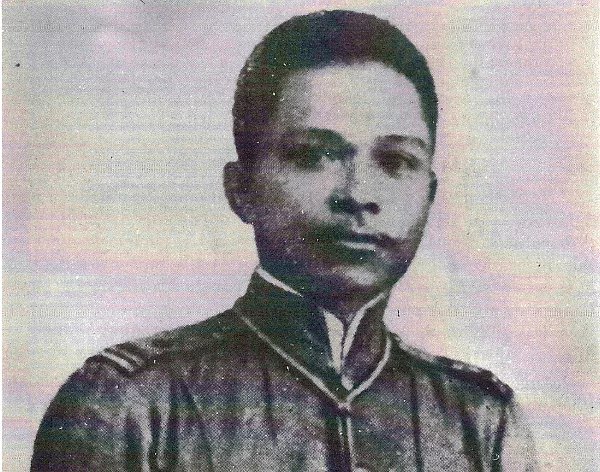On This Day - June 9, 1904 - Artemio Ricarte was accused of conspiracy, rebellion and insurrection against the Americans
On June 9, 1904, noted Filipino General, Artemio "Vivora" Ricarte was accused of illegal possession of firearms, conspiracy, rebellion and insurrection against the Americans.

Dubbed as the "Father of the Philippine Army", Ricarte was the Chief of Operations of the Philippine forces during the Philippine-American War which started in 1899.
Ricarte was captured in Manila in 1900 and deported to Guam along with other leaders of the insurrection. General Ricarte, Apolinario Mabini and others were eventually pardoned and were allowed to return home in 1903. Mabini pledged his allegiance to the Americans but died few weeks later of cholera. Ricarte who refused to take the oath was not allowed to set foot in the Philippines and was instead shipped to Hong Kong. He secretely returned shortly after and raised a revolt in the Rizal province area.
Ricarte would spend the next six years at Bilibid Prison.
In 1910 upon his release from prison he was again ordered to pledge his oath of allegiance to the United States but would again refuse and would again be deported to Hong Kong.
Ricarte and his wife eventually moved to Yokohama, Japan where they lived in self exile until the invasion of the Philippines by Japan in 1941. It is said that the Japanese flew "Vibora" back home to help the Japanese pacify the Filipinos.
In 1944, during the Japanese occupation, Ricarte together with fellow veteran revolutionist Generals Leon Villafuerte, and Andres Villanueva, Benigno Ramos of Ganap Party (formerly Sakdal Party), Pio Duran and others, established the MAKAPILI (Kalipunang Makabayan ng mga Pilipino- "Patriotic League of Filipinos"), an armed pro-Japanese militia to fight the American forces.
Some accounts said that towards the end of World War II, Ricarte was asked by a Japanese military officer to evacuate the Philippines but Ricarte declined, stating:
"I can not take refuge in Japan at this critical moment when my people are in distress. I will stay in my Motherland to the last."
Due to the hardship and difficulties from evading American and Filipino attacks, Ricarte became ill and suffered from debilitating dysentery.
On July 31, 1945 at Hungduan, Ifugao, Artemio "Vivora" Ricarte died at the age of 78.
Sources:
- Philippines News Agency archives
- American Chamber of Commerce of the Philippines, Volume 29, Number 2, February 1953
- History of the Philippines, David P. Barrows, 1925

No comments:
Post a Comment